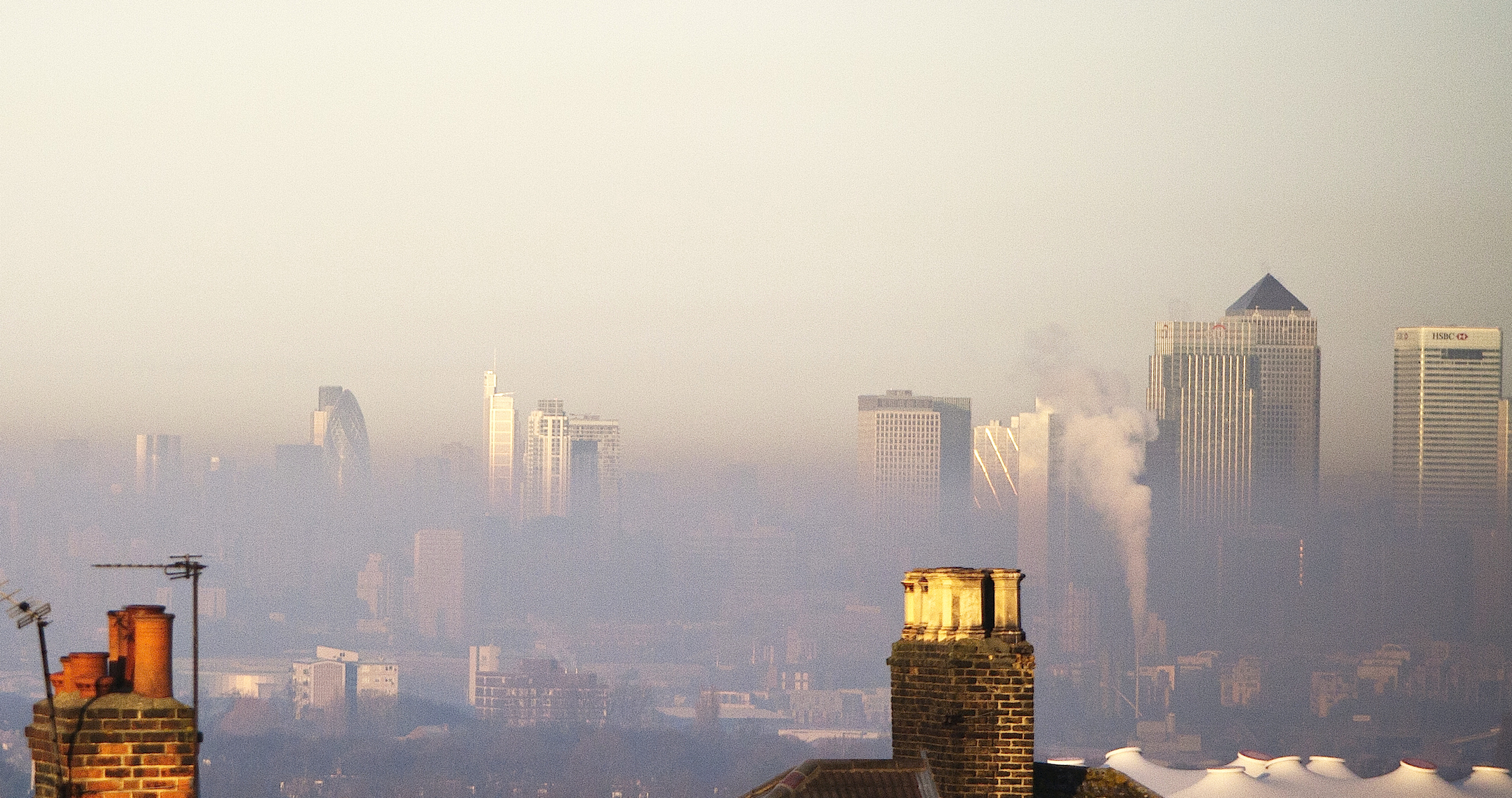I suppose everyone could burn wood, or coal to keep their houses warm and cook their meals...but that creates a problem in our atmosphere when millions of people are burning wood or coal, all at the same time of year.
This would cause an "inversion". This type of pollution happens when there are lots of people in one area and the wind doesn't clean out the pollutants, like smoke, dust and dirt. To combat this pollution scientists and engineers have developed different ways to make energy. One clean way to make energy is Nuclear Power Plants.
Uranium atoms are broken apart, their nucleus is ripped apart and the energy from that process makes a huge amount of heat. This energy can boil water to create steam. The movement of the steam can spin powerful turbines and this makes electricity. That electricity can be transferred to homes where that energy can run refrigerators, heaters, air conditioners and so much more. It's pretty easy to break apart a nucleus and there isn't any bad pollutants put out into the environment.
There is a big debate about nuclear energy. Is it really safe? What do we do with the nuclear waste that stays radioactive for millions of years after it is used? What happens if the containment building overheats and the rods of uranium burst? These types of questions have slowed down the progress of nuclear power.
There could be many different ways to keep our air clean and have safe energy transfer for millions of customers. Careful testing and planning, experimenting and working together to find a solution are the key parts to finding cleaner air.





Yay! Teamwork's awesome!
ReplyDelete